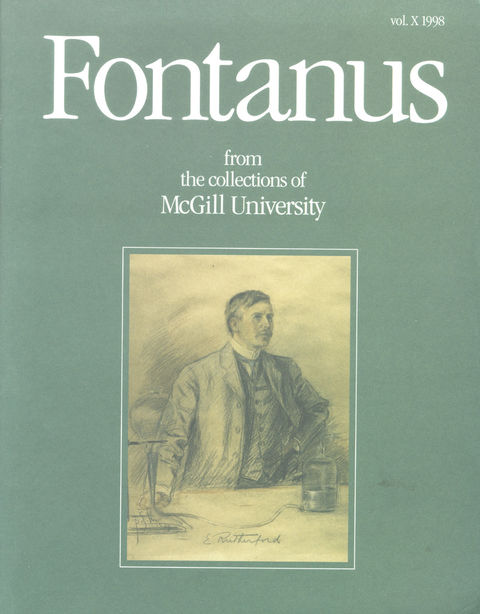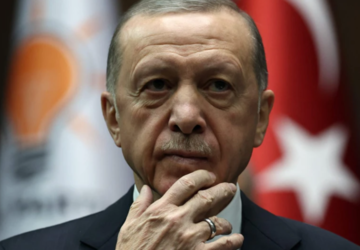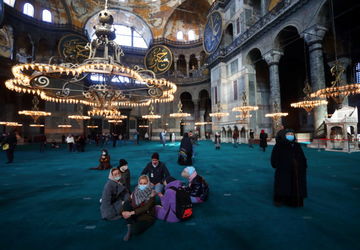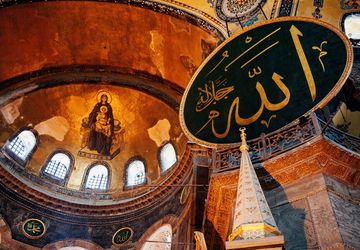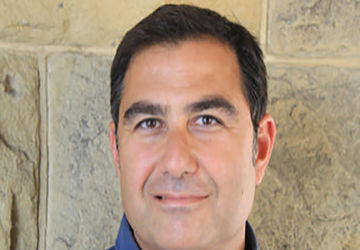Ali Yaycıoğlu
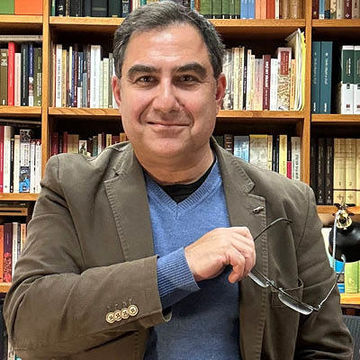
Dr. Ali Yaycıoğlu is a historian specializing in the History of the Ottoman Empire, Middle East, and Modern Turkey. Currently he is serving as the director of the Abbasi Program of Islamic Studies and the Middle East Studies Forum.
His research focuses on different dimensions of political, economic, and legal institutions and practices, as well as the social and cultural dynamics of the eighteenth and nineteenth centuries. Dr. Yaycıoğlu is particularly intrigued by visions, representations, and documentation of concepts like property, territory, and nature in early periods. His is also interested in the application of digital tools to comprehend, visualize, and conceptualize these historical perspectives. Dr. Yaycıoğlu offers courses on the Ottoman Empire and Modern Turkey, Empires, Markets, and Networks in the Early Modern World, Global History of the Age of Revolutions, Doing Economic History, and Digital Humanities.
Dr. Yaycıoğlu's first book, Partners of the Empire: Crisis of the Ottoman Order in the Age of Revolutions (Stanford, 2016), reevaluates the Ottoman Empire within the global context of the revolutionary age in the late eighteenth and early nineteenth centuries. He also co-edited the Ottoman Digital Humanities Special Issue of the Journal of Ottoman and Turkish Studies (2023) and Crafting History: Essays on the Ottoman World and Beyond in Honor of Cemal Kafadar (Boston, 2023). Dr. Yaycıoğlu's essays on the history and contemporary affairs of the Republic of Turkey were published in his Uncertain Past Time: Empire, Republic, and Politics (in Turkish, Istanbul, 2024).
Currently, he is immersed in two book projects: Karlowitz Moment: The Ottoman Empire and the Making of the Modern World, 1699-1839, a reconsideration of the Ottoman experience in the global context during the long eighteenth century and The Order of Debt: Power, Wealth, and Death in the Ottoman Empire, analyzing property, finance, and Ottoman statehood in the first half of the nineteenth century.
Dr. Yaycıoğlu is the co-editor of the Stanford Ottoman World Series: Critical Studies in Empire, Nature and Knowledge also oversees a digital history project, Mapping Ottoman Epirus, housed in Stanford’s Center for Spatial and Textual Analysis (CESTA).
Born and raised in Ankara, Turkey, Dr. Yaycıoğlu earned degrees in International Relations from the Middle East Technical University and Ottoman History from Bilkent University. Further studies led him to McGill University in Montreal, where he focused on Arabic and Islamic legal history. He completed his Ph.D. in History and Middle Eastern Studies at Harvard in 2008, followed by post-doctoral studies in the Agha Khan Program for Islamic Architecture at Harvard and later in Hellenic Studies at Princeton. He Joined the History Department at Stanford in 2011. Dr. Yaycıoğlu regularly writes opinion pieces in Gazete Oksijen and other venues in Turkish and English on History and contemporary politics, mainly focusing on Turkey and the Middle East. In parallel with his academic pursuits, Dr. Yaycıoğlu is engaged in visual arts under the name "Critical Imagination," conducting artistic work in Palo Alto and Istanbul through the Atölye20 platform.
Books
Articles/Chapters
Featured News
Projects
Multimedia
Günümüzdeki hilafet tartışmalarını anlamak için düne bakmak - Ali Yaycıoğlu & Ruşen Çakır tartışıyor
Fetih anlatılarının ötesinde Ayasofya: Dün, bugün, yarın - Ali Yaycıoğlu ve Patricia Blessing
Ali Yaycıoğlu ile Tarihsel perspektiften küresel apokaliptik olaylar
Din, Devlet, Toplum: Ali Yaycıoğlu ile "Türkiye’yi Osmanlı’yla anlamak"
Space, wealth, and power in the Ottoman Empire
Stanford scholar reveals complex history of Ottoman Empire in the Age of Revolution
Ottoman Podcast Talk on Partners of the Empire
INTERVIEW: Ali Yaycıoğlu on the Ottoman Empire in the ‘age of revolutions’
Learning from Turkey’s Coup Attempt
With Ali Yaycioglu on the Ottoman Age of Revolutions, Book talk
ALİ YAYCIOĞLU İLE YENİ KİTABI ÜZERİNE SÖYLEŞİ
INTERVIEW WITH ALI YAYCIOGLU ON THE OTTOMEN EMPIRE IN THE AGE OF REVOLUTIONS
HALIL İNALCIK
Forthcoming Publications
“Ottoman Montology: Nature, Empire and Knowledge,” forthcoming in Festschrift for Cemal Kafadar, edited by Ali Yaycioglu, Ilham Khuri-Makdisi and Rachel Goshgarian (under contract, Academic Studies Press, to be submitted in 2019).
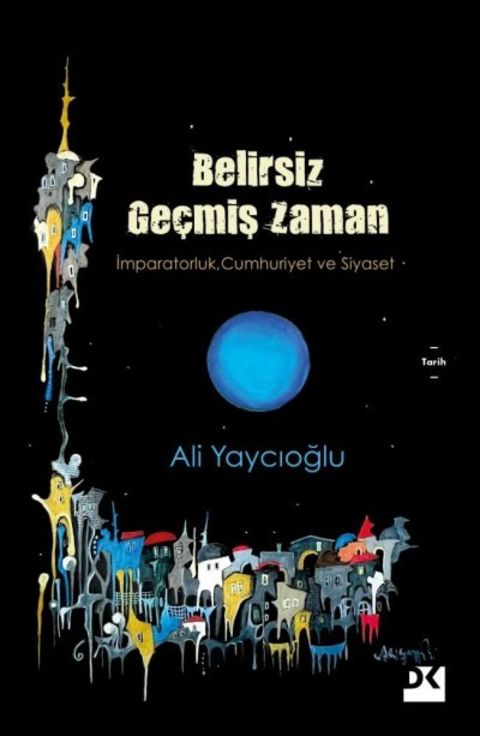
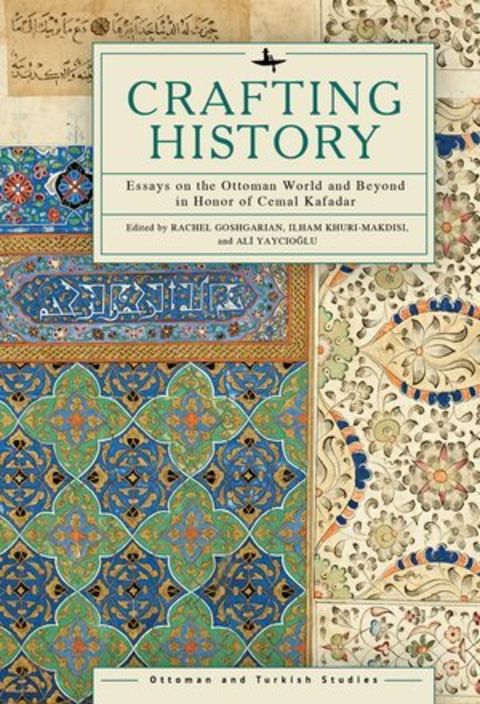
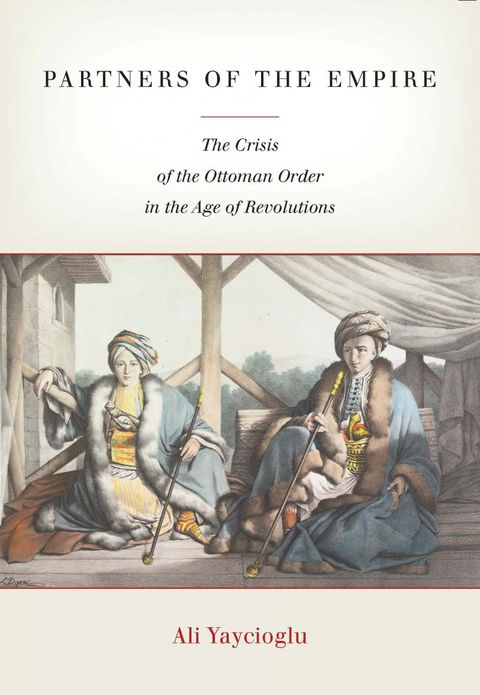
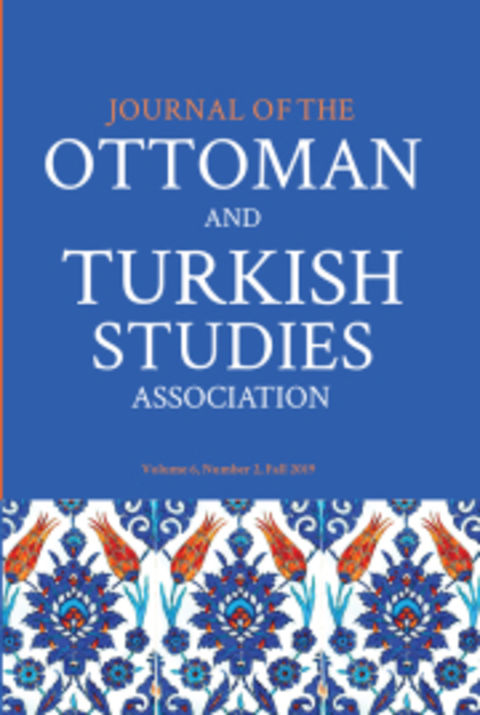
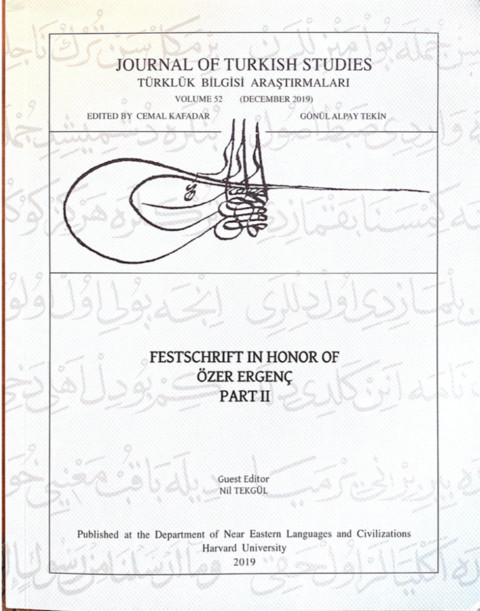
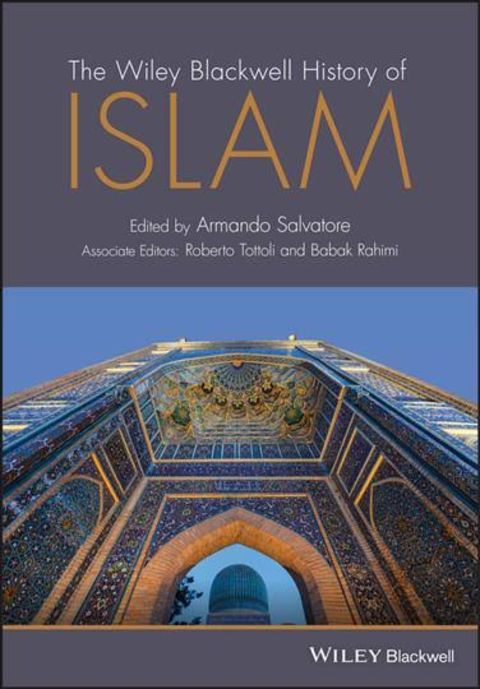
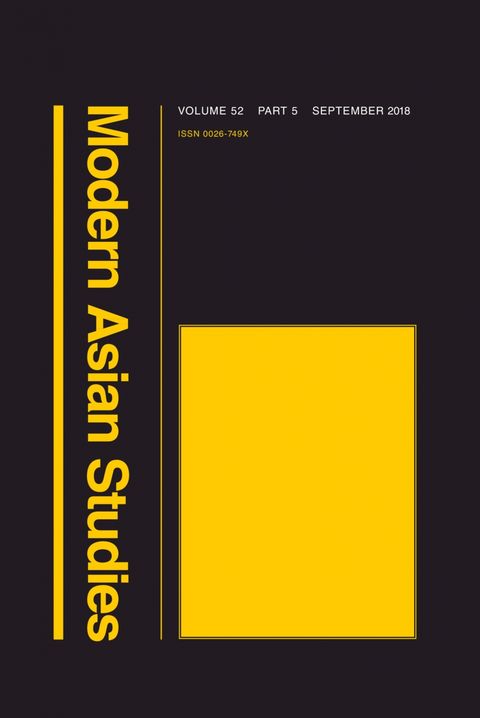
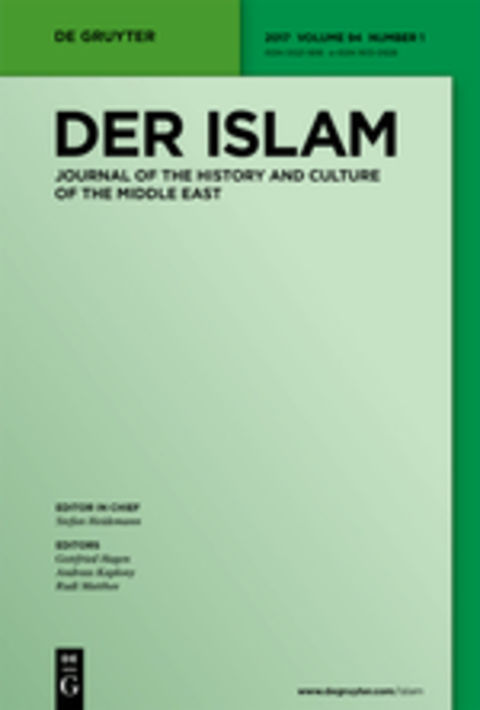
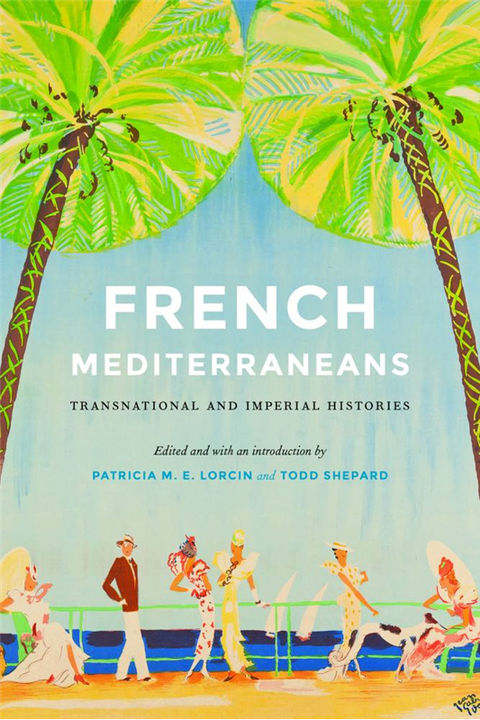
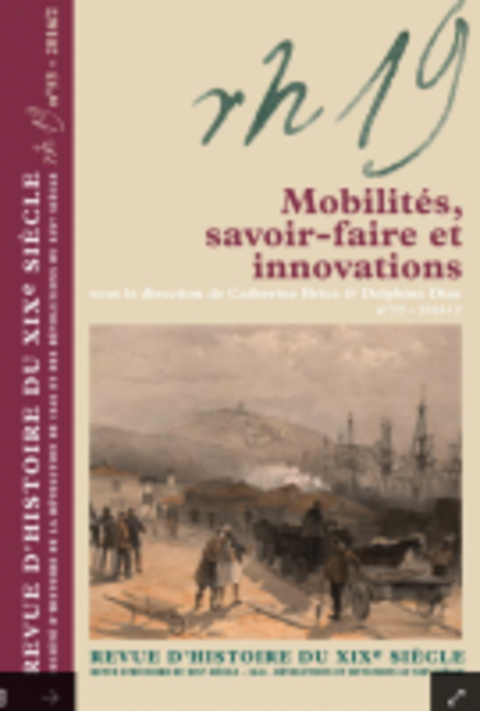
![Rahova 1784: 18. Yüzyıl Osmanlı Balkanlarında Katılım, Bilgi ve Güç,” [Rahova 1784: Participation, Information and Power in the 18th-century Ottoman Balkans]](/sites/history/files/styles/hs_large_scaled_480px/public/media/image/publications/turkish_book_ali.jpg?itok=cx1vDKNB)
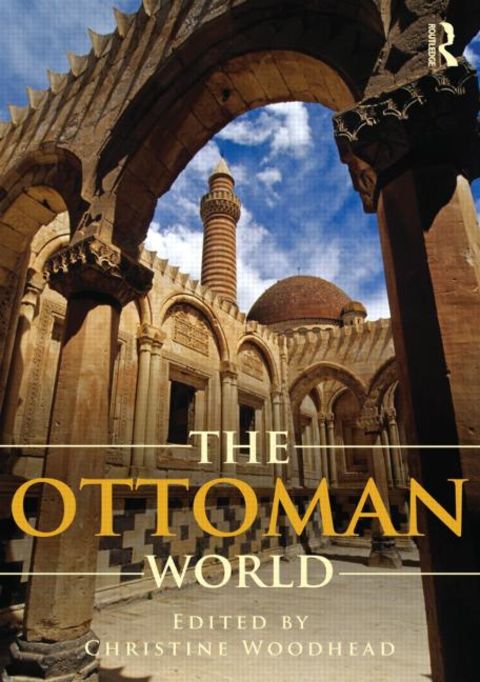
![Sened-i İttifak (1808): Osmanlı İmperatorluuğ’nda Bir Ortaklık ve Entegrasyon Denemesi.” [Deed of Agreement (1808): An Attempt of Integration and Partnership]](/sites/history/files/styles/hs_large_scaled_480px/public/media/image/publications/350829.jpg?itok=6FCQDzB0)
